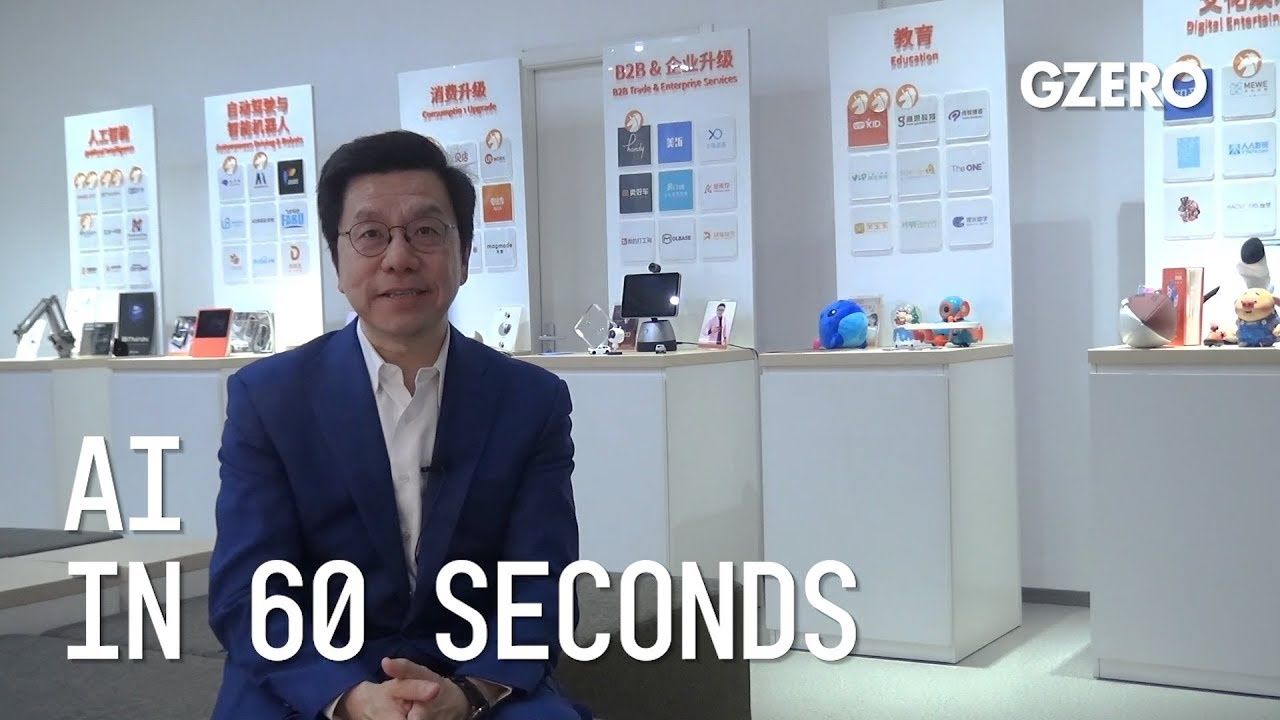In 60 Seconds
Will the A.I. revolution create or destroy jobs?

Will the A.I. revolution create or destroy jobs?

Will the AI revolution create or destroy jobs?
The answer is yes. It will create and destroy jobs. Which will be more? Historically looking at technology revolutions - technology revolutions generally create more jobs than they destroy. So, it's likely AI will be the same way. The challenge, though, is that AI, when it destroys jobs, will do so completely. So routine jobs such as back office jobs and assembly line jobs and in the future, jobs like drivers and many office workers that do routine jobs, will be outright replaced by AI. So that's a significant issue.
AI will also create jobs, but we don't yet know what those are, when they will be. One thing that is known is that the jobs created by AI will be non-routine jobs. So, there is a big issue about routine job workers who lose their jobs and now have to be retrained for the non-routine jobs.
Mastercard Economic Institute's Outlook 2026 explores the forces redefining global business. Tariffs, technology, and transformation define an adaptive economy for the year ahead. Expect moderate growth amid easing inflation, evolving fiscal policies, and rapid AI adoption, driving productivity. Digital transformation for SMEs and shifts in trade and consumer behavior will shape strategies worldwide. Stay ahead with insights to help navigate complexity and seize emerging opportunities. Learn more here.
Despite a ceasefire in Gaza, Israel is still not letting foreign journalists in to independently verify what’s happening on the ground, CNN’s Clarissa Ward tells Ian Bremmer on GZERO World.
On Ask Ian, Ian Bremmer breaks down the steady escalation of US pressure on Venezuela and why direct military action is now a real possibility.
From civil conflicts to trade wars to the rise of new technologies, GZERO runs through the stories that have shaped this year in geopolitics.